- Free schools for IDP children in Arakan State struggle to stay open amid funding shortfall
- Female-headed IDP households in Ponnagyun Twsp struggle as commodity prices surge
- Min Aung Hlaing likely to take State Counsellor role in post-election government formation: Analysts
- Hindus express hope for educational reform under AA administration
- Arakanese zat pwe performers struggle to survive as conflict halts traditional shows
Arakan State residents complain of rising crime
Local residents and civil society organisations (CSOs) in Arakan State have reported a rise in crimes, saying the worrying trend is the result of weak rule of law.
01 Aug 2022
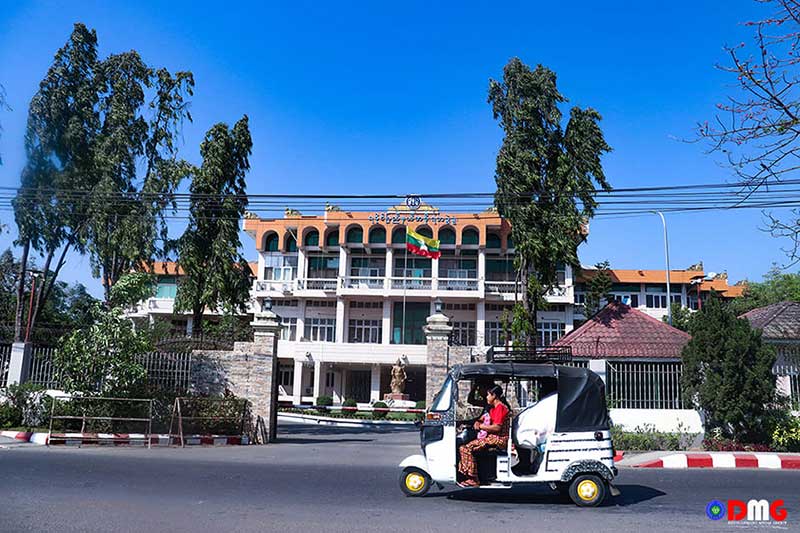
DMG Newsroom
1 August 2022, Sittwe
Local residents and civil society organisations (CSOs) in Arakan State have reported a rise in crimes, saying the worrying trend is the result of weak rule of law.
Some towns in Arakan State have recently been hit by a spate of murders, robberies, muggings and burglaries.
On Monday, the Arakan State capital Sittwe saw two cases of stabbing in which two people — a 52-year-old woman from Set Yone Su ward and a 34-year-old man from Sanpya ward — were killed, according to local CSOs.
Since early this year, nine people have been killed in stabbings, according to CSOs. “It appears that those cases were homicides rather than accidental stabbings,” chairman Ko Lin Lin of the Metta Yaungchi Foundation told DMG.
The rising crime rate shows weak rule of law, said a woman from a CSO who did not want to be named. “There has been a spate of thefts and muggings in Arakan State. We assess that it is mainly because of weak rule of law,” she said.
Some of the criminality has been attributed to the post-coup economic turmoil and soaring food prices. Residents are concerned about the rising crime wave in Sittwe, the Arakan State capital and the state’s largest city.
“Sometimes, I have to go back home late from work. I don’t feel safe. These days, I try not to stay late outside,” said Ma Myat Yu Mon from Sittwe.
Police barely take action when crimes are reported to them, said some CSOs, which have called for effective action against criminals in Arakan. The regime is mainly responsible for the crime wave in Arakan State, said U Myat Tun, director of the Arakan Human Rights Defenders and Promoters Association.
“The SAC [State Administration Council] is responsible because they are holding power. They barely take action against crimes,” he said.
Locals are sometimes confused, however, about whom they should report or file complaints to, as the United League of Arakan, the political wing of the Arakanese ethnic armed group Arakan Army, is expanding its administrative control, complete with a judicial system and police force, that runs parallel to junta’s own.
The female CSO worker said: “In some cases, we are not sure which side is more concerned, and to which side we should make reports.”
Police Colonel Thet Lwin of the Arakan State Police Force said: “We are doing police work, but we can’t divulge what we are doing.”




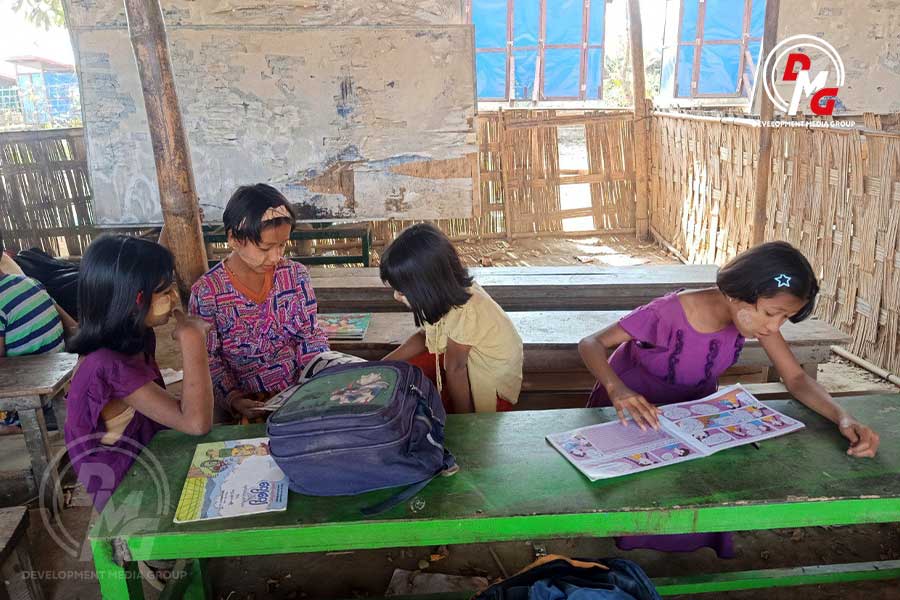
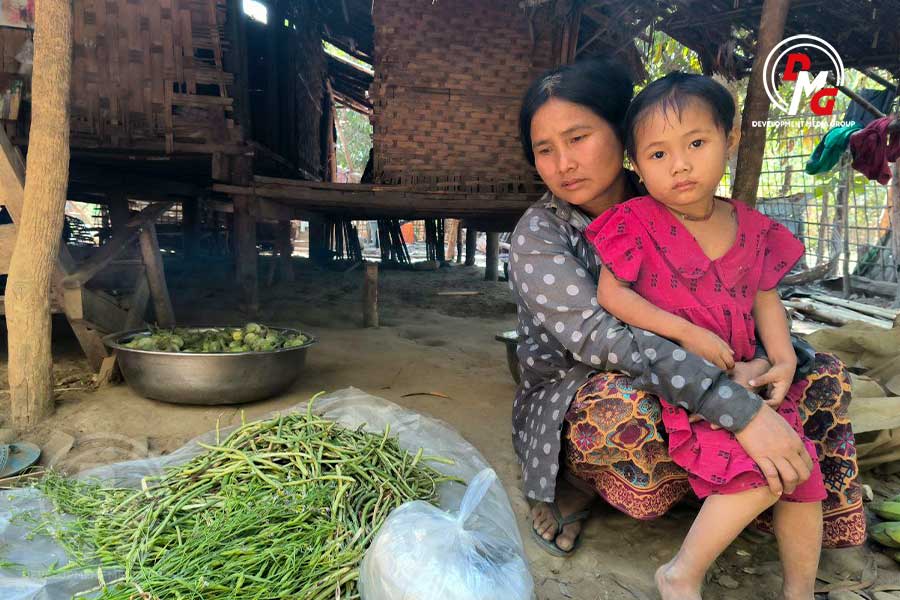
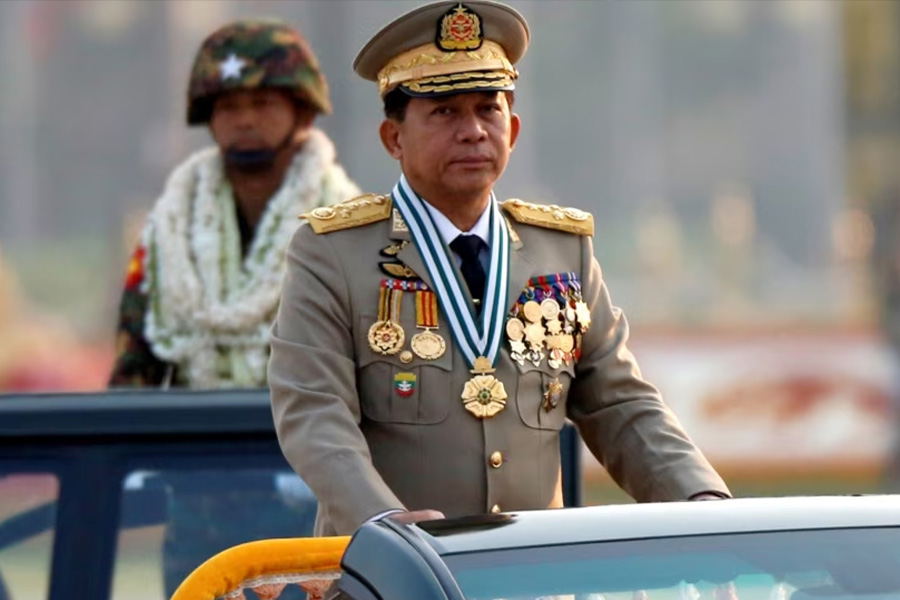
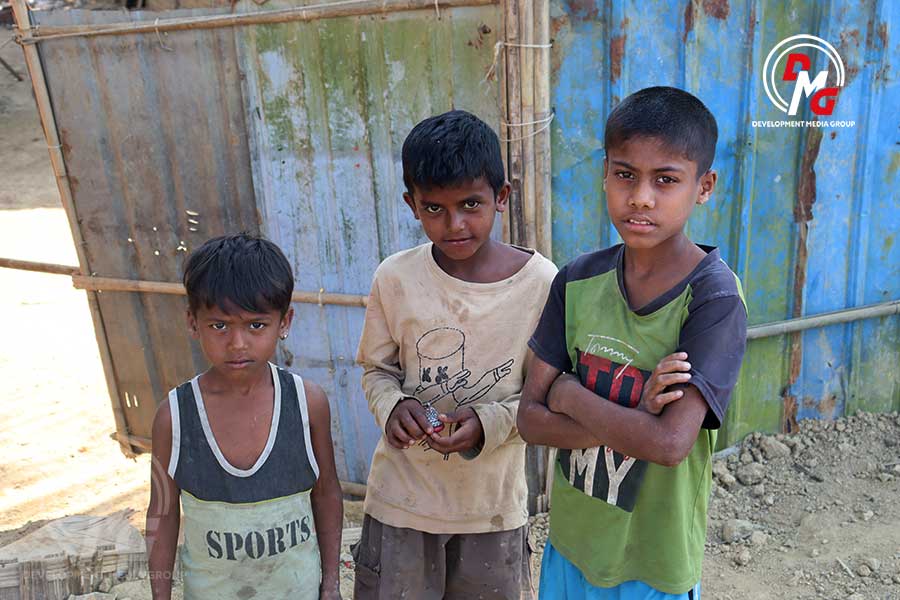
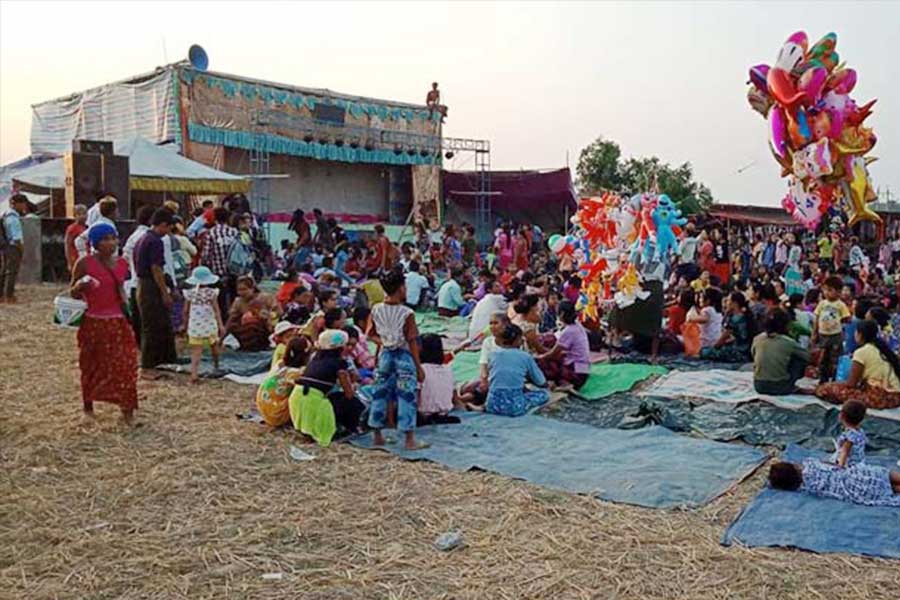








.jpg)